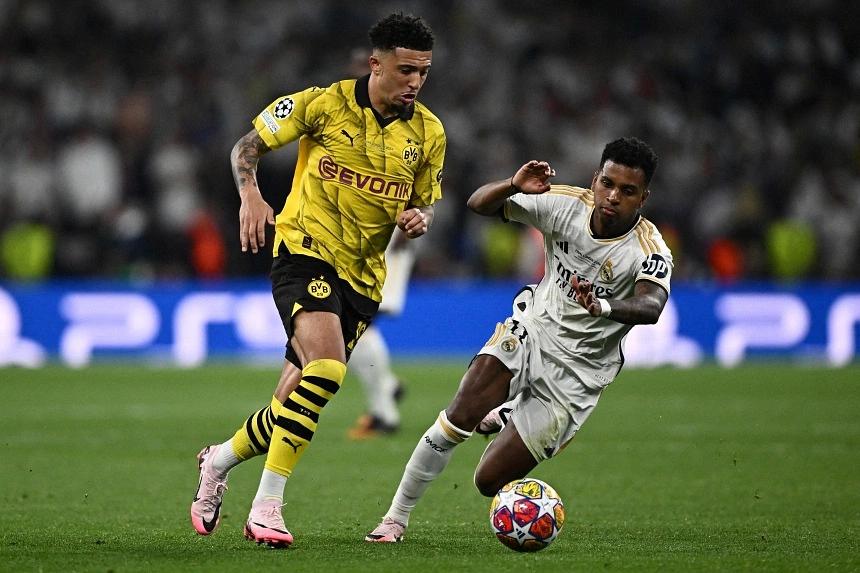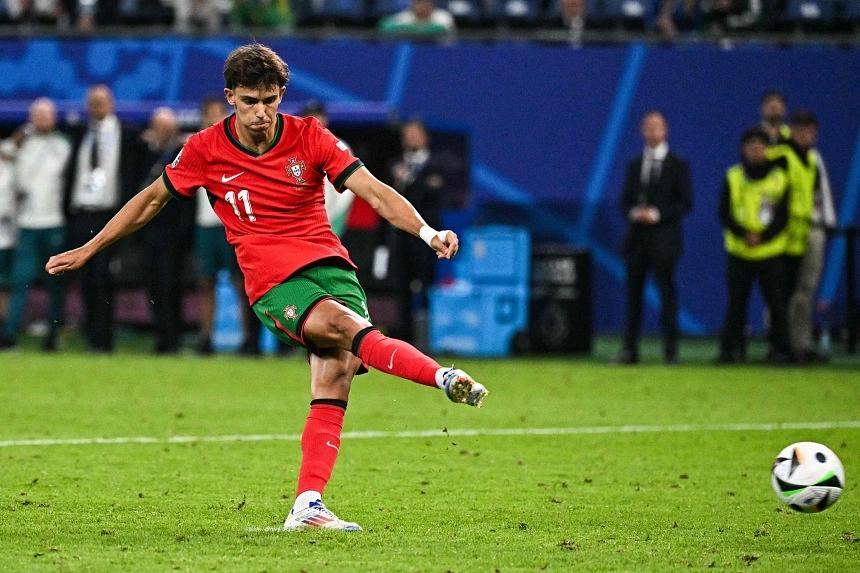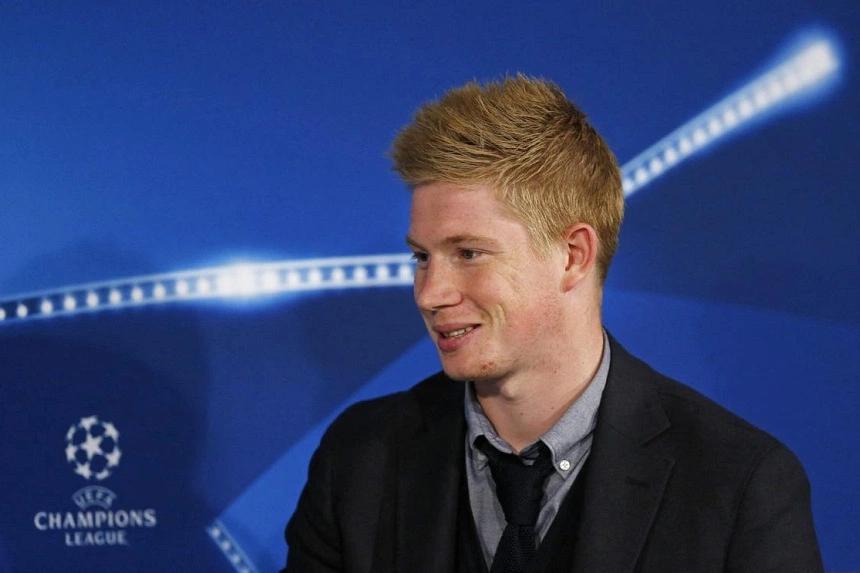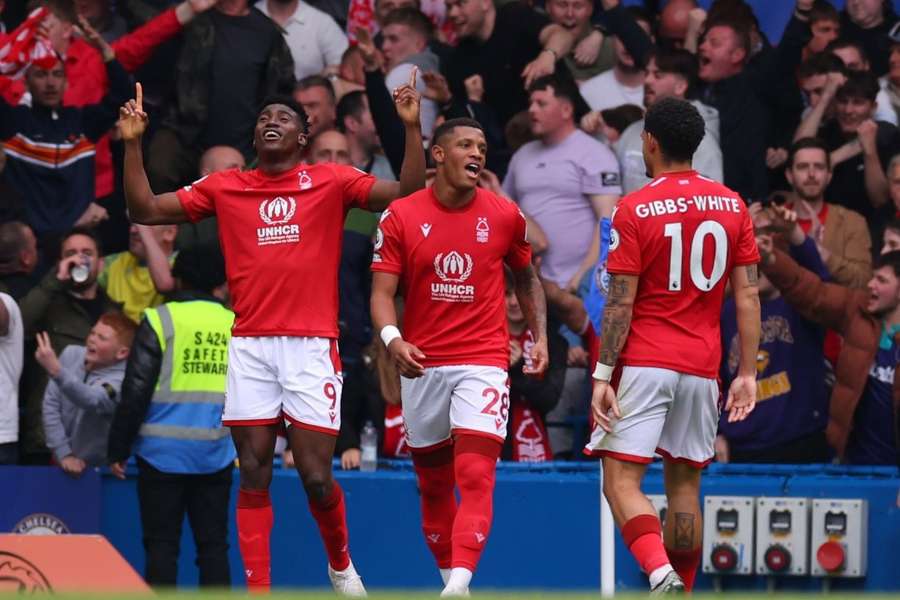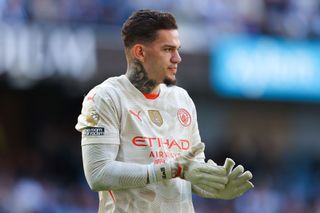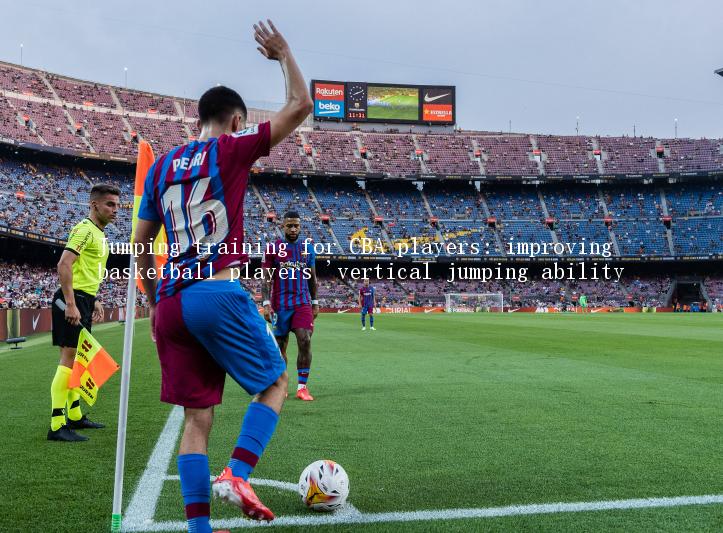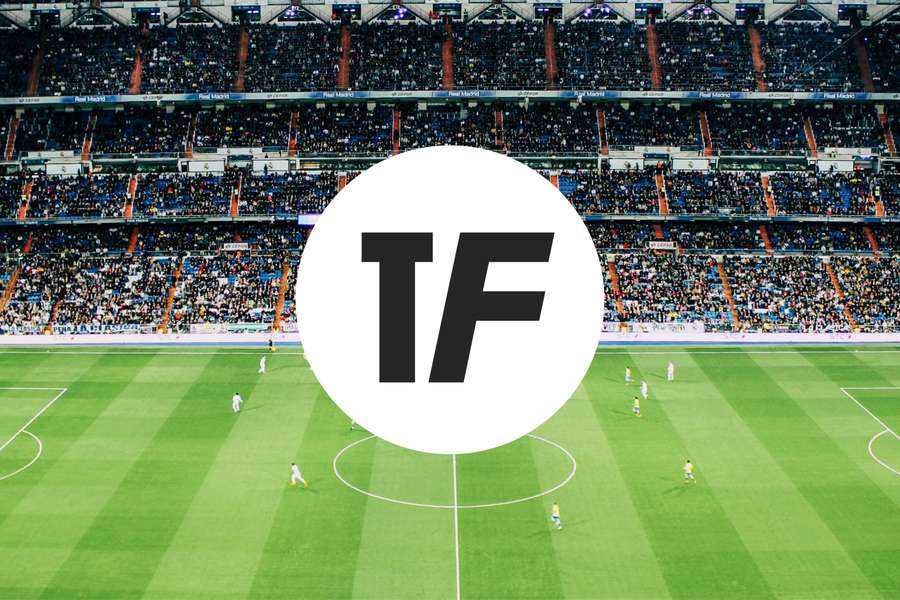Premier League Rules, Laws, and New Interpretations for the 2024/25 Season: A Focus on Handball, Offside, VAR, and Referees

The Premier League kicks off again on Friday with several new changes and updates for the upcoming season.
From VAR to handball and offside, and referees' allegiances being made public this season, there have been a few tweaks for the new campaign.
Here's a handy guide to some of the changes to expect...
What's new with VAR for the 24/25 season?
Where else to start? VAR comfortably survived Wolves' efforts to scrap it at the Premier League's annual general meeting and is back for another season.
The big new push is on the importance of the 'referees' call' principle. The Premier League wants VARs to intervene on subjective decisions only if the on-field decision is clearly and obviously wrong, after a check of the readily available evidence.
TrendingThere have been efforts to improve communications, too. Screenshots and graphics explaining why a goal has been overturned will continue to be displayed on stadium big screens but, in addition, this season goals disallowed on the field and rubberstamped by VAR will also be shown, as will goals where there was a delay to the restart while an incident was being checked.
The league has also introduced a new X account - @PLMatchCentre - where 'near live', objective updates will be given after VAR checks are complete.
How will the handball law change for the 24/25 season?
Let's start with a small law change. It will now be a yellow card for denying an obvious goal-scoring opportunity through a handball, if that handball is not considered deliberate. Penalties will of course still be awarded for any handball offence inside the box.
On other handballs, referees' chief Howard Webb accepts there were instances last season where players were penalised even when their hand or arm was in a justifiable position for the action being undertaken, and wants that to stop.
Other mitigating factors which referees will be instructed to consider this season on possible handball offences are: a player's proximity to the ball, if the arm is being used to support the body while falling, or a player deflecting or playing the ball onto their own arm where there is a clear change of trajectory of the ball.
Webb: Referees' allegiances to be made public
Referees' allegiances are set to be made public this season, PGMOL Chief Refereeing Officer Webb has said.
Nottingham Forest incurred a Football Association charge in May after they criticised the decision to appoint Stuart Attwell - a Luton fan - for their match against Everton where they felt Attwell denied three clear penalty claims.
Webb said there were no plans to alter the allegiances rules after Forest insisted it should take "contextual rivalries" into account when making match appointments. However, he did say there were plans afoot to put the allegiances list in the public domain.
"Officials are asked to declare any specific interests in advance of the season, and as the season goes on should any of those things change. That will be made public, I believe, so you can see what that looks like as well and what those declarations of interests are.
"We review each of those and then make a decision (on appointments), because there's a conflict of interests if you declare yourself as a supporter of a club, or if you've played for a club.
"If you've got any personal connections to people who work for clubs as well, we'll make an evaluation of all of those (factors)."
How will referees save time for the 24/25 season?
Referees will continue to calculate exact time lost to stoppages - with one small tweak.
The first 30 seconds after a goal is scored will not be added to the end of a half, but any subsequent celebration time, or time taken on a VAR check, will be added.
The league believes this will cut match length by an average of one minute and 38 seconds.
Another time-saver will be semi-automated offside technology (SAOT), which it is reckoned will shave 31 seconds off the average offside check and be more accurate than the manually drawn VAR lines.
However, the technology will not be in place for the start of the season. The league has pledged to introduce it after one of the international breaks in the autumn - the smart money seems to be on October.
How will the encroachment laws change for the 24/25 season?
Another small law change is around encroachment at penalties. Outfield players will only be penalised for encroachment where they are considered to have had an impact on the penalty in some way, in the same way that a goalkeeper is.
In the past, a referee would order a penalty to be retaken if attacking and defending players encroached - now the referees will be looking for impact.
So, if attackers and defenders encroach but only the attacker has a meaningful impact, an indirect free-kick will be given instead of a penalty retake.
How will dissent laws change for the 24/25 season?
The Premier League feels criticism of VAR by players, managers and clubs has been damaging, and it has consulted on this issue in the relative 'peacetime' of summer, and asked clubs and their staff to show restraint.
Chief executive Richard Masters said: "We have asked for patience in getting it right. It's five years old. It does take time.
"Football is relatively new to technology. I think it will take a bit more time before technology truly works within football."
Those unable to restrain themselves should be conscious of increased regulatory powers now available to tackle disrespectful comments.
On the pitch, the league is sticking to the model it used last season in tackling dissent, rather than adopting UEFA's approach where only captains speak to referees when there is a flash point.
Running towards and confronting a referee, and clearly showing disrespectful behaviour towards them, will still be met with a yellow card.
Last season's crackdown certainly did not tail off after a month or two - there were 173 yellow cards for dissent last season, compared to 79 in 2022/23.
How will financial rules change for the 24/25 season?
The Premier League's Profitability and Sustainability Rules (PSR), under which Everton and Nottingham Forest were docked points last season, remain in place this campaign.
Keep an eye out in mid-January for the league confirming if any clubs are in breach for their 2023/24 accounts.
In the background, clubs will be shadow-trialling a new financial system built on two key pillars, with a view to introducing it in 2025/26.
The first will be a real-time monitoring which will limit clubs to spending 85 per cent of revenue on squad-related costs - falling to 80 per cent for those playing in UEFA competitions this season.
The second is top-to-bottom anchoring which effectively puts a hard cap on what clubs can spend. The cap will be a multiple of the smallest central handout paid to any club.
Manchester City and Manchester United oppose the measure, while the Professional Footballers' Association says it will oppose anything which amounts to a salary cap for its members.
Watch former Premier League referee Dermot Gallagher dissect the weekend's action on Ref Watch every Monday on News from 11am!
RELATED STORIES
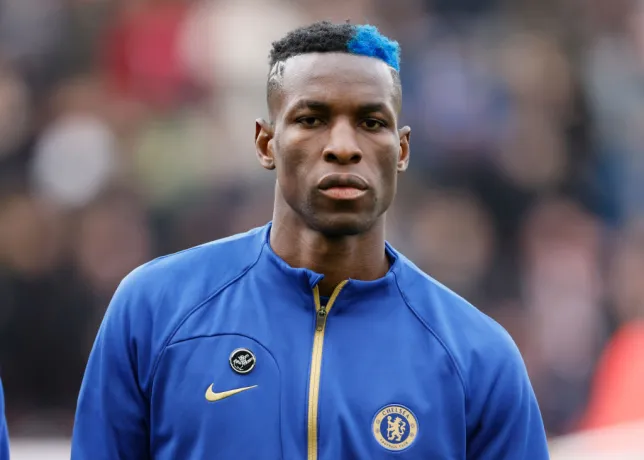
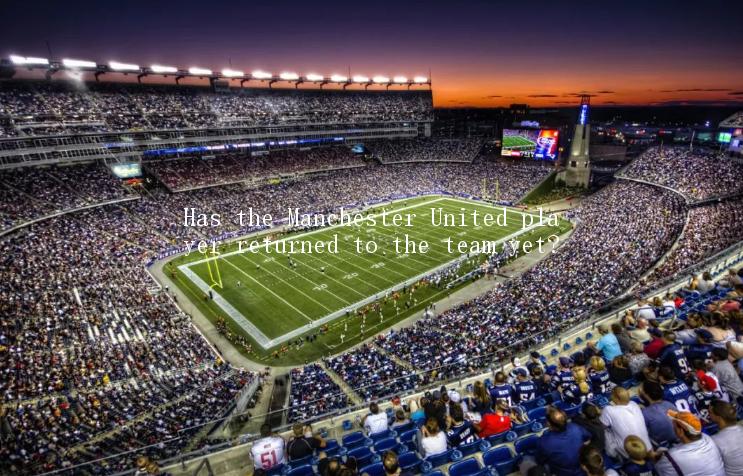
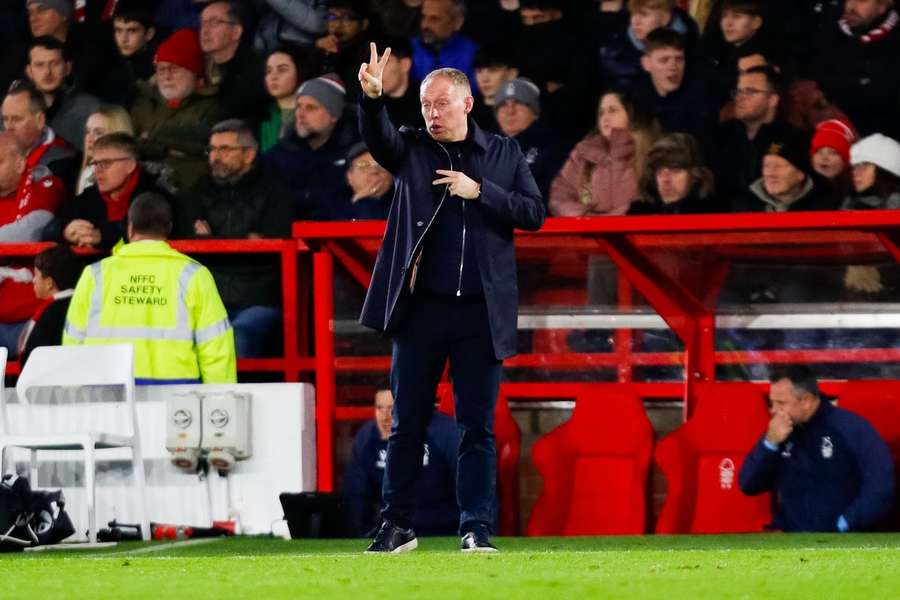
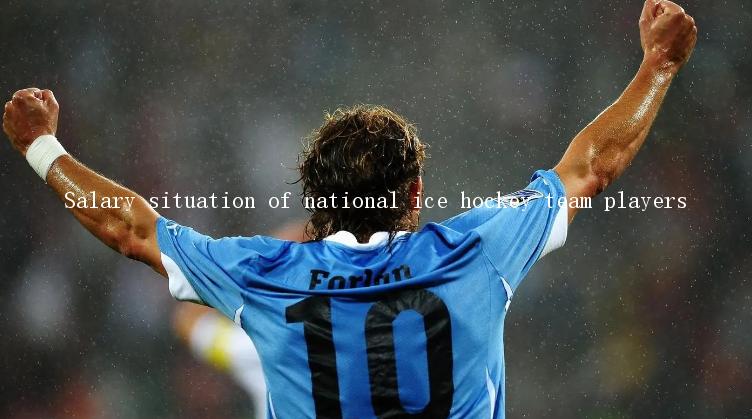
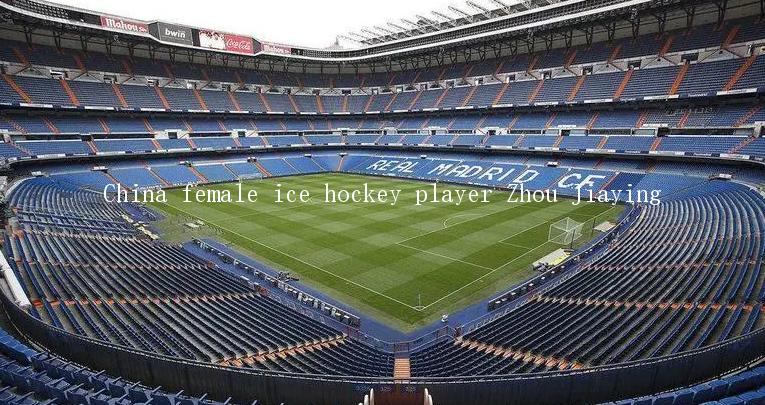

LATEST NEWS
